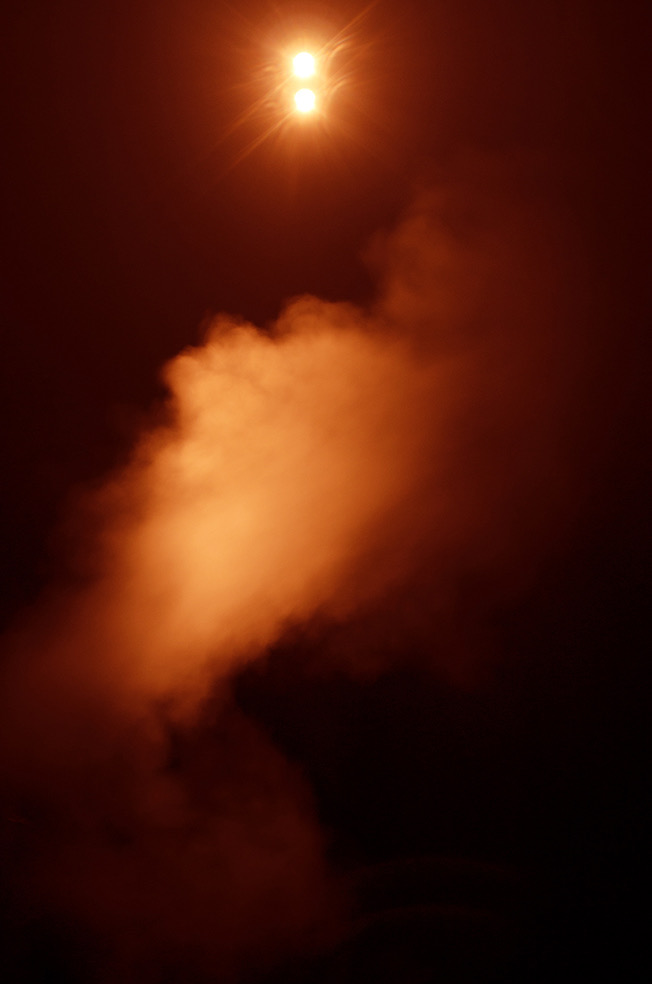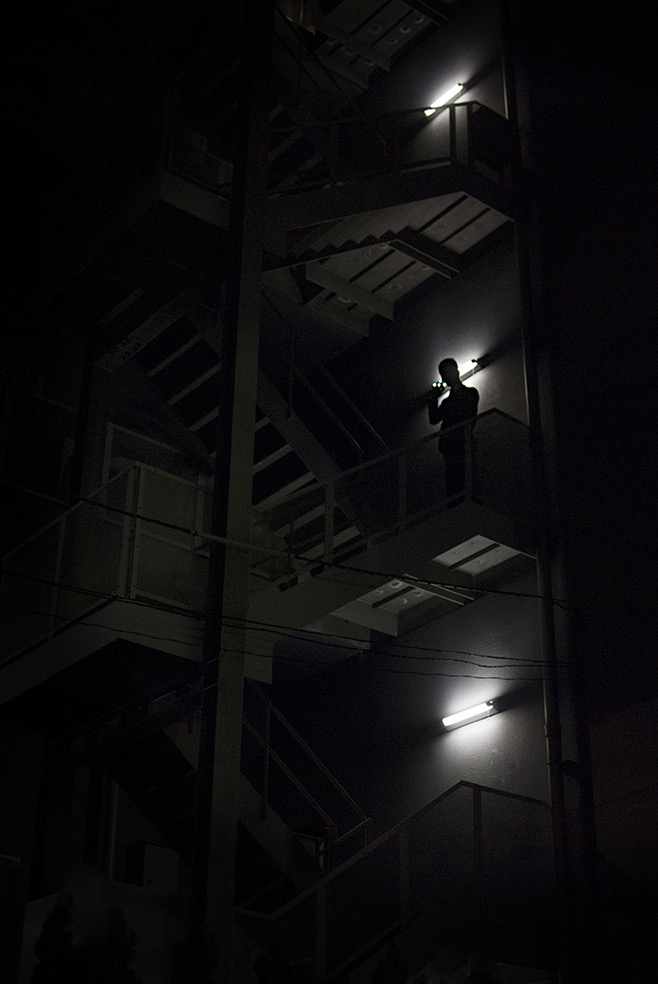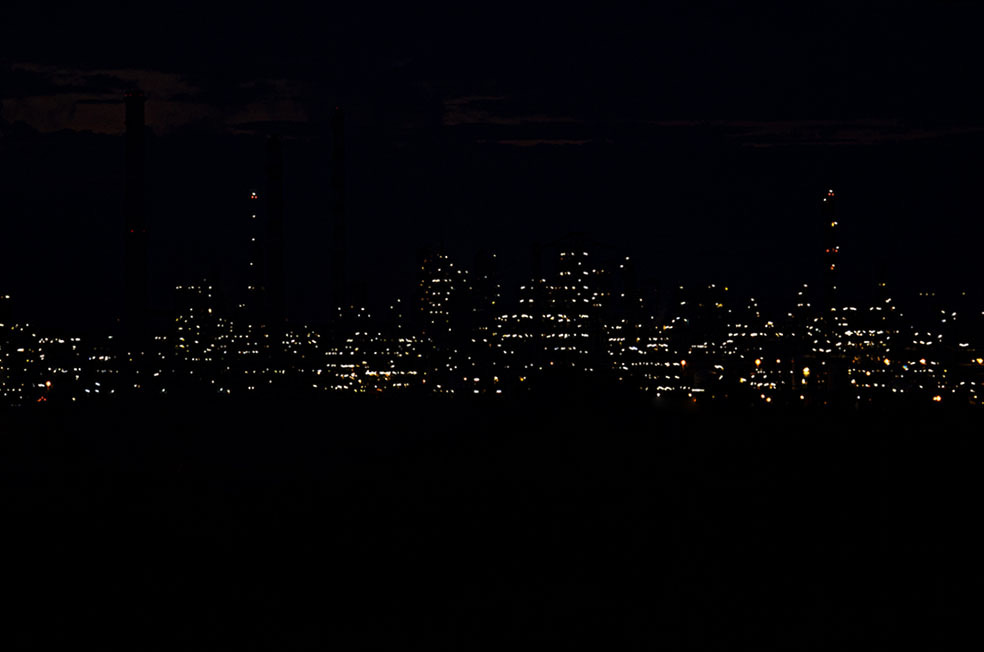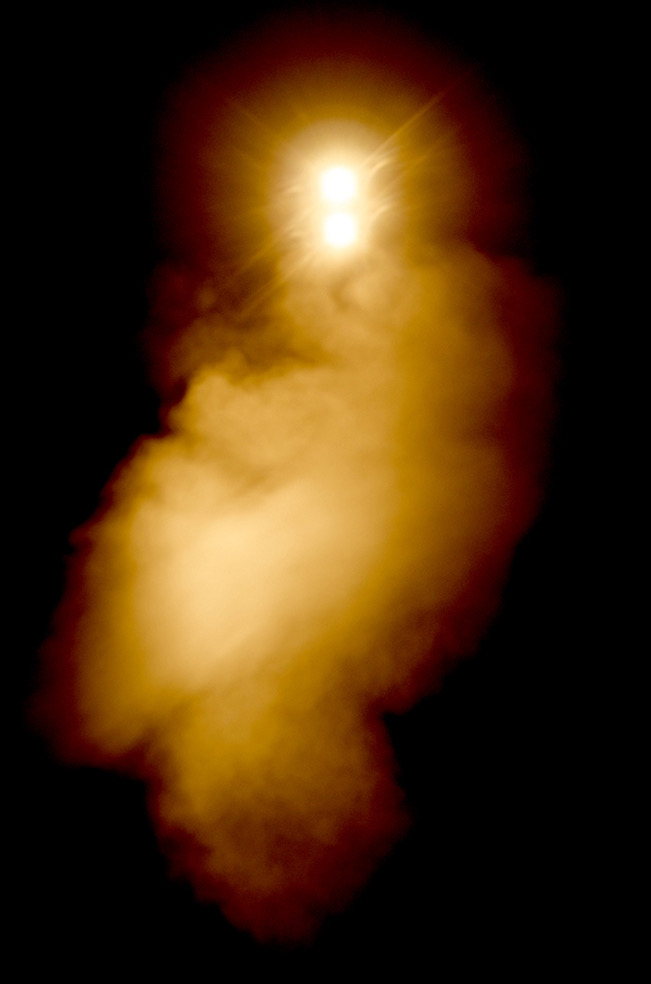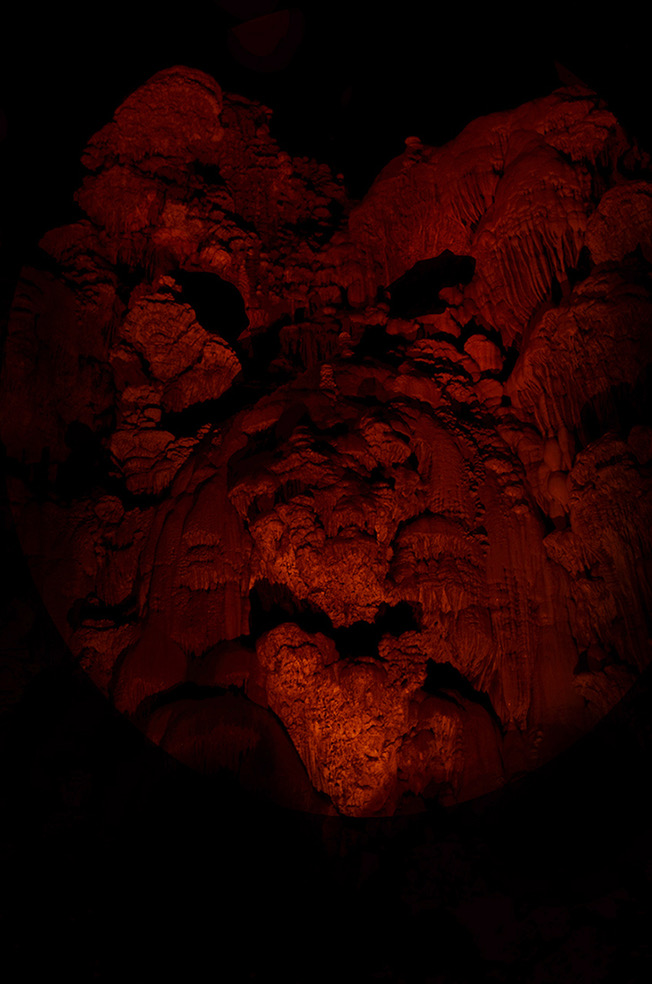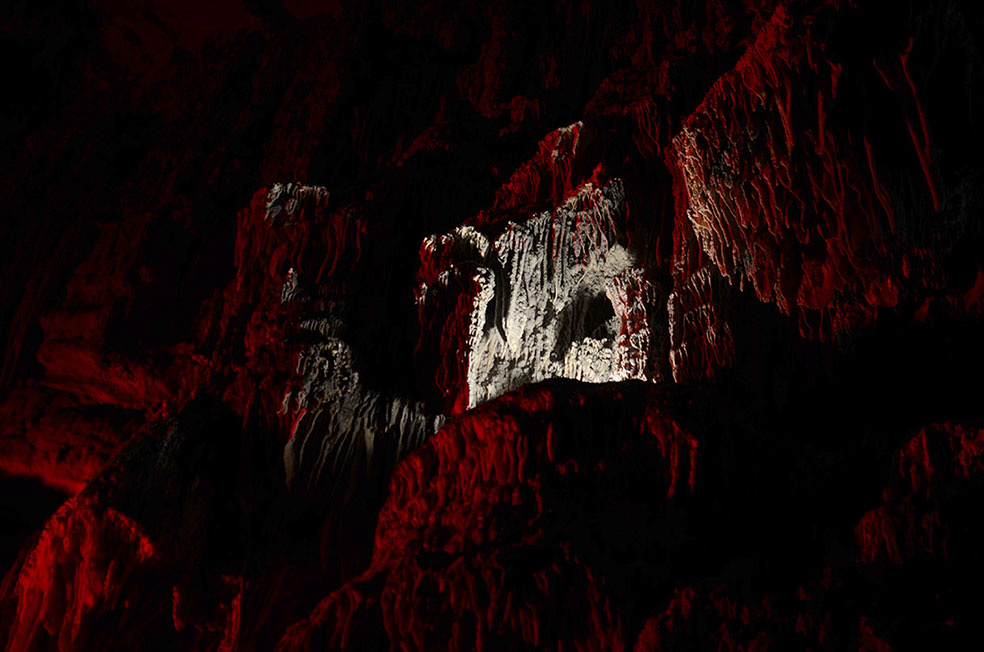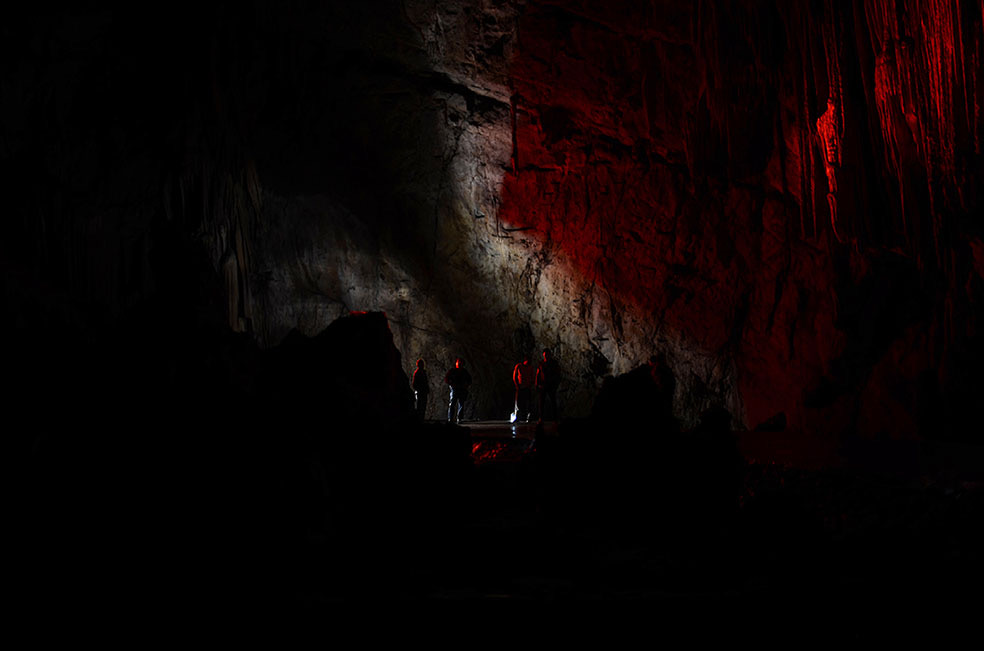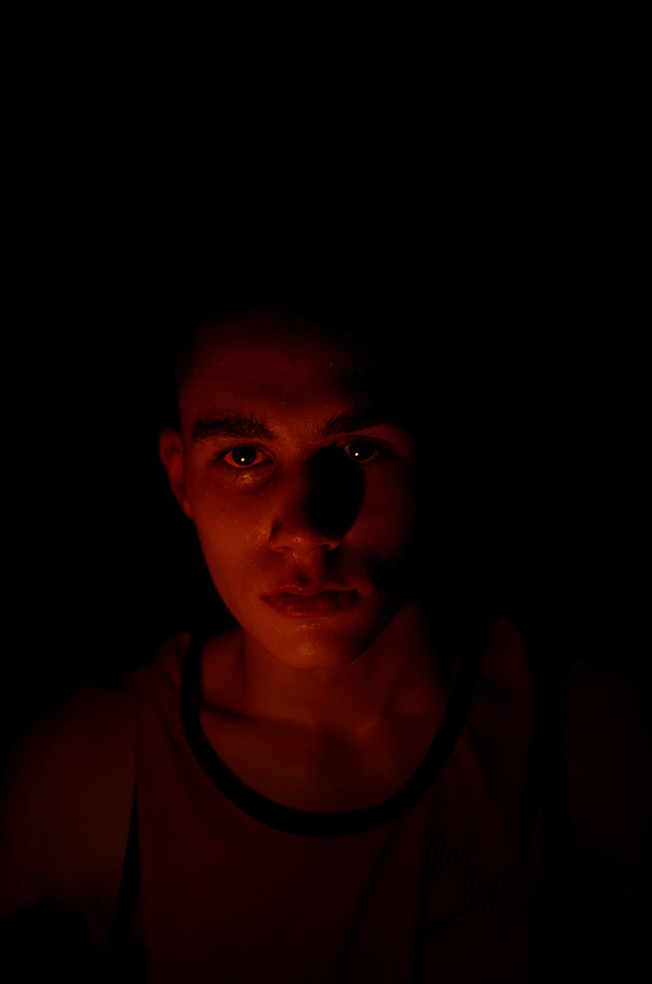Says Maria: Ulises is the result of a selection of photographs taken during 2013 and 2018 in my trips to Mexico, South Korea and Spain. All the selected images express by themselves the brand of an era – starting by its digital nature- , as well as my particular affinity for certain aesthetics or themes -fog, darkness, masculinity, modernity, telluric, drift, travel-. However, beyond these characteristics, I also discovered an interesting dialogue and relationship with the Homeric myth, Ulises.
First of all, because of my personal universe; Penelope, that is to say, the woman who waits with discipline and vocation for the surrender, the return to home of the man with whom she wishes to share an intimacy and an everyday life, was recognized by myself on me – understanding the figure of Penelope from a modernized perspective – as the men with whom I usually relate to, starting with my father, always seem to participate on a sort of trip from which they never come back.
However, in spite of this first personal impulse, I found something deeper, more powerful on its narrative legacy that allowed me to experiment and explore a semantic field from the photographs to modernize the past, in a broad sense and in different degrees, and reflect on the present; some images consciously evoke the myth without transgressing it, others place themselves at the antipodes of what it was, inducing us to rethink even other intermediate stages that the Homeric character has already crossed before reaching us in our epoch, so that the “old” is not in the project but a little visible first layer.
My photographic series therefore does not propose to speak about the hero seen in the manner of Homer, but about a real man responsible for his own destiny, who cope with the offerings and paradoxes of his own culture. It is my proposal then to evoke a familiar figure that, despite confessing to crave for its origin (Ithaca, the spiritual, social, family, emotional center .. and expressed in the work through lighty landscapes) does nothing to come back to it. In this sense, the masculine is even anecdotal, as any of us could see ourselves reflected within this existential framework somehow.
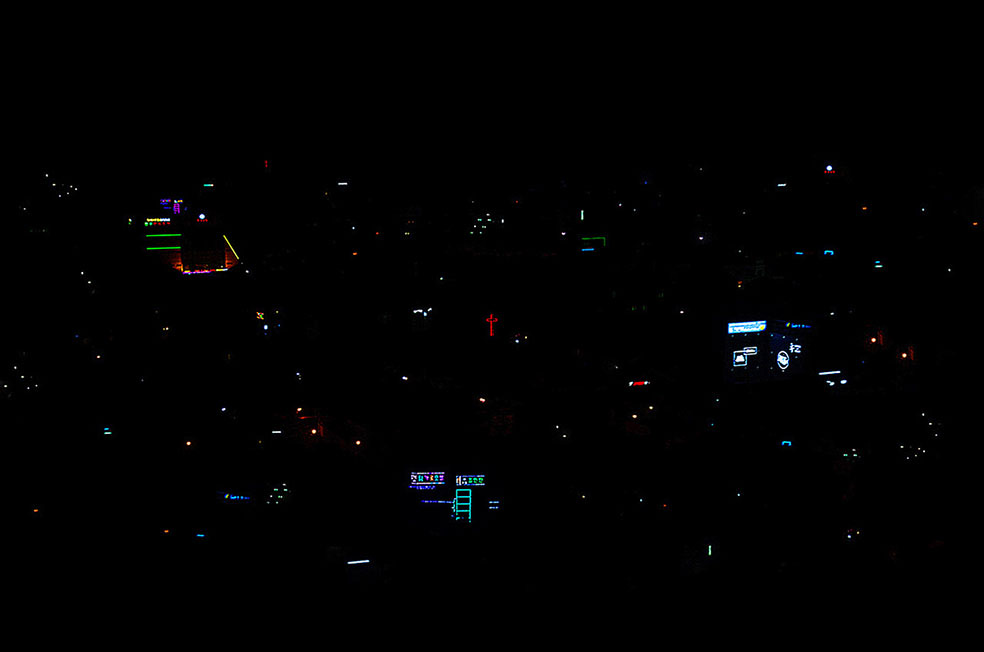
The Homeric imaginary also allows me to underline the nomadic character of the series, to unify its capricious map – Mexico, South Korea, Spain – but at the same time more contemporary than ever; Ulysses no longer travels in a galley through the Mediterranean, but by plane towards unconnected and disparate places. A sort of mental cartography composed by fragmented landscapes and disoriented male figures, within an environment of rapid modernization – almost futuristic – and sorrounding by nature about to disappear under the fog or the shadows. A space-time where it is no longer possible to orient oneself, neither forwards nor backwards, while the return to the primitive home (Ithaca) is eclipsed by a circular narrative (to work within the exhibition hall), as well as by an aesthetic betting in favor of distorted realities, stuck in the mental, unable to connect with the outside, almost floating and not very conclusive. That state of instability to which I adhere myself -decaed by the rapid and constant urban constructions, capitalism, nihilism, human dissatisfaction- is for my photography the pulse, the stimulus and the source of inspiration. Without trying to show the world in a state of chaos and disorder, this fictional and mythical narrative also captivated me for its ability to contextualize and amplify this strange sense of disorientation caused by the abrupt change of society in our days.
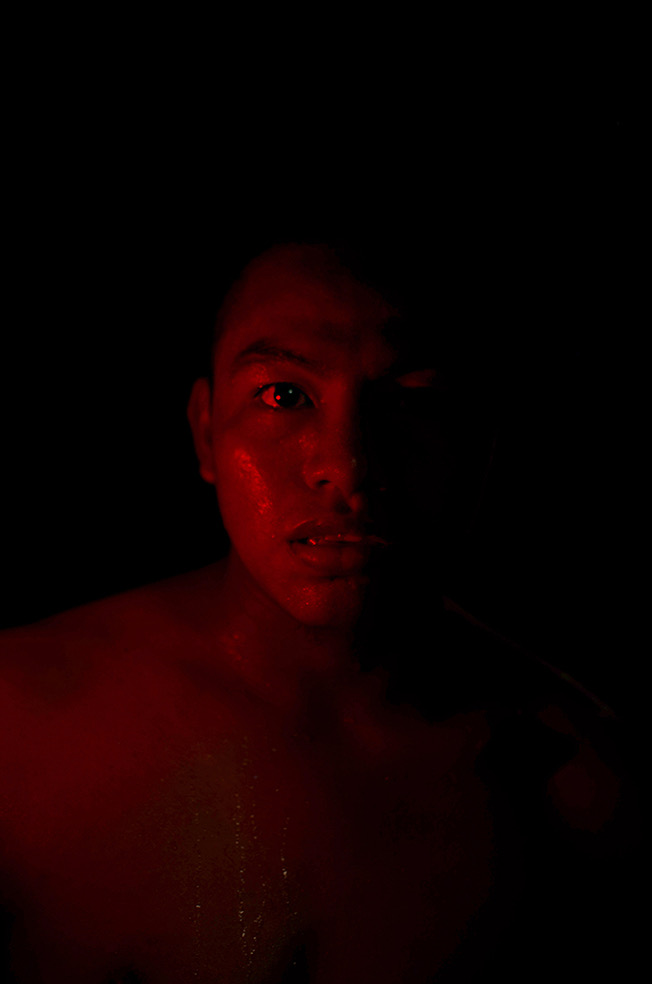
María Abenia (Zaragoza, 1985) is a teacher and a multidisciplinary artist working with photography, video, text and sound. After graduating from college with a degree in Pedagogy (Zaragoza, 2008) she moved to Chicago and bought her first camera. There she decided to focus on telling intimate stories, so that is why she joined afterwards in several Photography Courses at BLANKPAPER School (Madrid, 2012). While working on her own projects, she decided to address also her studies towards Film, so she enrolled a master´s degree on Filmmaking at ESCAC University (Barcelona,2013) and another one in Contemporary Film and Audiovisual Studies at the University of POMPEU FABRA (Barcelona, 2015).
Website @maria_abenia
